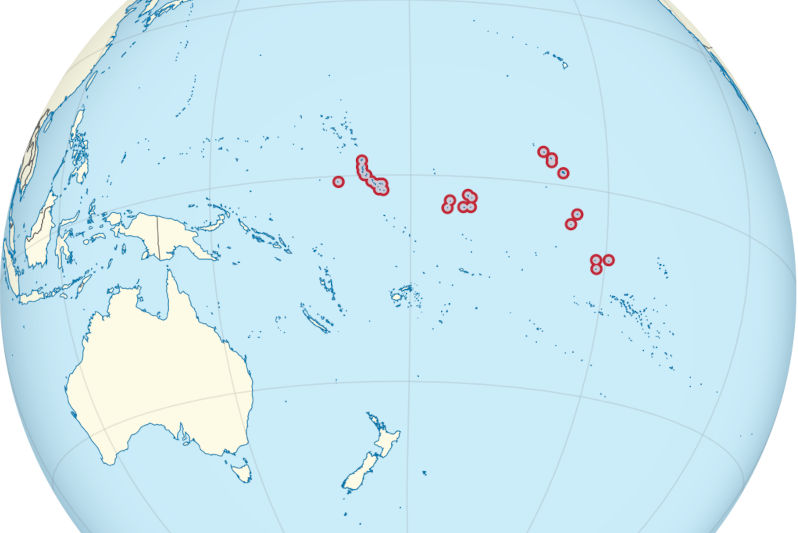Some speculate that Kiribati’s exit from the Pacific Islands Forum was a decision influenced by China. However, the more tenable view is that this has nothing to do with China. Offloading the blame on China will unhelpfully distract focus from the inner regional issues.
Amidst the current geopolitical tension between Australia, China and the US, the conjecture gains force from the fact that Kiribati has signed 10 trade agreements with China during Wang Yi’s visit in May. Furthermore, Kiribati has demonstrated a pro-Beijing stance by cutting ties with Taiwan.
There are four reasons why China played no role in the withdrawal.
First, Kiribati’s withdrawal serves no strategic benefit to China. Rather, China apparently wanted to be present at the Pacific Islands Forum. Chinese defence officials reportedly disguised as reporters in order to attend the Forum. A real pawn would have served China better by attending the Forum, gaining information, and voicing on behalf.
Second, Solomon Islands have arguably even closer ties with China in light of their recent security pact. Like many other Pacific countries, they too have cut ties with Taiwan.. Yet, Solomon Islands attended the Forum. Logically, had China really been dissuading Pacific countries from attended the Forum, there would have been more departures other than Kiribati.
Third, the protest via exit originates from Kiribati’s desires to have their voice be heard and to have fair representation in the Forum. China would not have advised – contrary to their own political appetite – a protesting approach via boycott, withdrawal or coercion.
In Kiribati’s letter explaining the departure, it pointed out that the secretary general of the Forum should be rotated amongst Polynesian, Melanesian and Micronesian members. Yet, this gentleman’s agreement was not fulfilled to their disappointment, with a Polynesian being the secretary general despite it being Micronesian’s turn. This was a “matter of principle” to Kiribati which involved “equity, equality and inclusiveness”.
Finally, instead of being swayed by China to exit, it is more likely that Kiribati felt ignored by other Forum members. This can be discerned from Kiribati’s another reason of departure, which said that the schedule of the forum coincided with Kiribati’s National Day celebrations. Kiribati further said that they have requested a deferral but it was left neither considered nor acknowledged. The Forum organisers and other Pacific Islands countries certainly know the significance and dates of Kiribati’s National Day events, so the scheduling clash is hardly a coincidence. Kiribati would feel excluded and disappointed in such circumstances.
Thinking from Kiribati’s standpoint, their protest via withdrawal for more attention is very understandable. Amongst the Pacific Islands countries, Kiribati suffers most from climate change; has the lowest GDP per capita; has poorest access to sanitation and clean water; highest NEET rate (i.e. youths not in education, employment or training); etc.
Kiribati apparently left open the path to rejoin the Forum by mindfully emphasising that their decision to withdraw “was never meant to offend or be against any of our Pacific Island brothers and sisters”Last year the Micronesian members also quit for the same reason of not being appointed as the Forum’s secretary general – and they rejoined this year without Kiribati. The possibility of Kiribati rejoining reinforces the view that the (temporary) withdrawal was just an attention-seeking strategy, which has nothing to do with China.
Therefore, offloading the blame on China not only fails to compellingly explain the incident, but it also distracts focus from the pressing inner
regional problems. The Pacific needs to rethink the future of their unity, especially when this incident evinced the growing divide between Polynesian, Melanesian and Micronesian countries. It is also a sign of Micronesian countries feeling increasingly excluded.
Martin Kwan is a foreign policy analyst. His writings have appeared in various platforms such as Modern Diplomacy and Australian Outlook.
This post kindly provided to us by one of our many occasional contributors.
